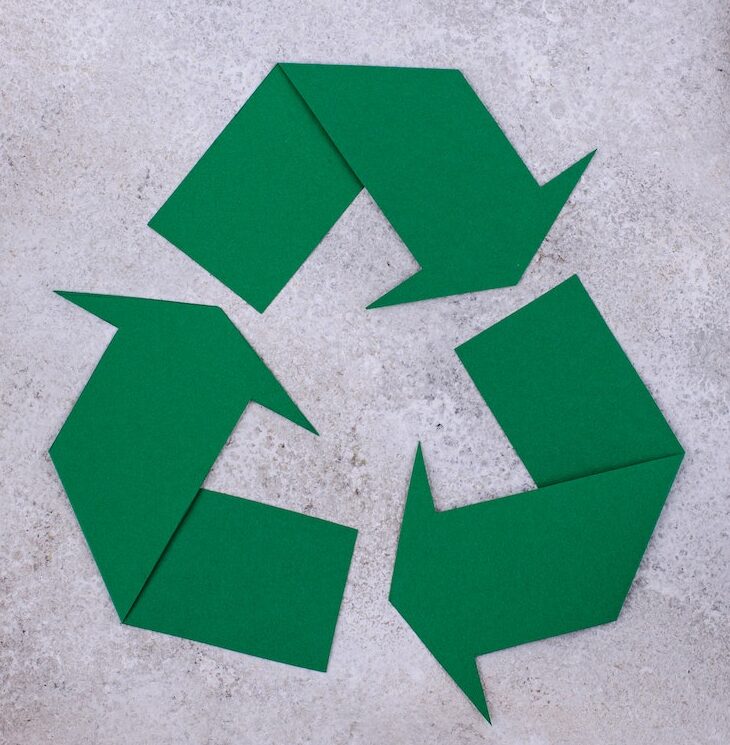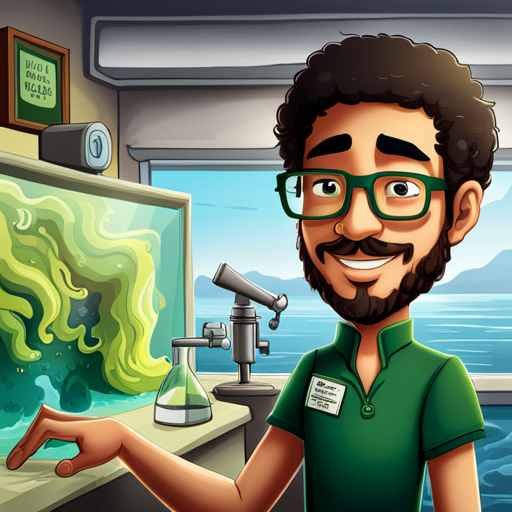Microalgae are microscopic aquatic plants that can convert sunlight, carbon dioxide (CO2), and other nutrients into biomass. They have gained significant attention in recent years due to their potential applications in various sectors, including biofuels, nutraceuticals, and wastewater treatment. Microalgae bioproducts can play a crucial role in achieving a sustainable economy by mitigating environmental problems such as climate change and pollution.
Carbon Capture and Sequestration (CCS)
One of the most promising aspects of microalgae bioproducts is their ability to capture and sequester carbon dioxide from the atmosphere and industrial emissions. During photosynthesis, microalgae absorb CO2 to generate energy for growth, thereby reducing the amount of this greenhouse gas in the environment.
The cultivation of microalgae can be integrated with industrial processes, such as power plants and cement factories, which produce significant amounts of CO2 as a byproduct. By utilizing these waste streams for microalgae cultivation, it is possible to reduce greenhouse gas emissions from fossil fuels while generating valuable biomass for various applications.
Moreover, microalgae have a higher growth rate compared to terrestrial plants, which allows them to capture more CO2 per unit area. This characteristic makes them an attractive option for large-scale CCS projects aimed at mitigating climate change.
Waste Treatment and Bioremediation
Another environmental benefit of microalgae bioproducts is their potential for waste treatment and bioremediation. Microalgae can utilize wastewater streams from industrial and agricultural sources as a source of nutrients for growth. By doing so, they can help remove pollutants from the wastewater while generating valuable biomass.
For example, microalgae can be used to treat municipal wastewater by removing nitrogen and phosphorus compounds, which are common pollutants that contribute to eutrophication in water bodies. The biomass produced during this process can then be harvested and converted into biofuels or other value-added products.
Microalgae can also be utilized for the bioremediation of heavy metals and other toxic substances present in industrial waste streams. Some species of microalgae have been shown to accumulate heavy metals in their cells, effectively removing them from the environment. This property can be exploited for the development of biotechnological solutions to address pollution problems in various industries.
The Role of Microalgae Bioproducts in a Sustainable Economy
The environmental benefits of microalgae bioproducts can contribute to the transition towards a more sustainable economy. By capturing CO2 and treating waste streams, microalgae can help mitigate climate change and reduce pollution, which are two major challenges faced by modern societies.
In addition to their environmental benefits, microalgae bioproducts can also generate economic opportunities through the production of biofuels, animal feed, and high-value compounds such as antioxidants and omega-3 fatty acids. The development of a thriving microalgae industry can create jobs and stimulate innovation in various sectors, including agriculture, energy, and biotechnology.
Furthermore, the integration of microalgae cultivation with existing industrial processes can lead to the development of more efficient and environmentally friendly production systems. For example, the use of waste streams from power plants or cement factories for microalgae cultivation can improve resource utilization and reduce the environmental footprint of these industries.
In conclusion, microalgae bioproducts offer significant environmental benefits that can contribute to the development of a sustainable economy. By harnessing their potential for carbon capture and sequestration, as well as waste treatment and bioremediation, it is possible to address some of the most pressing environmental challenges faced by our planet while creating new economic opportunities.


